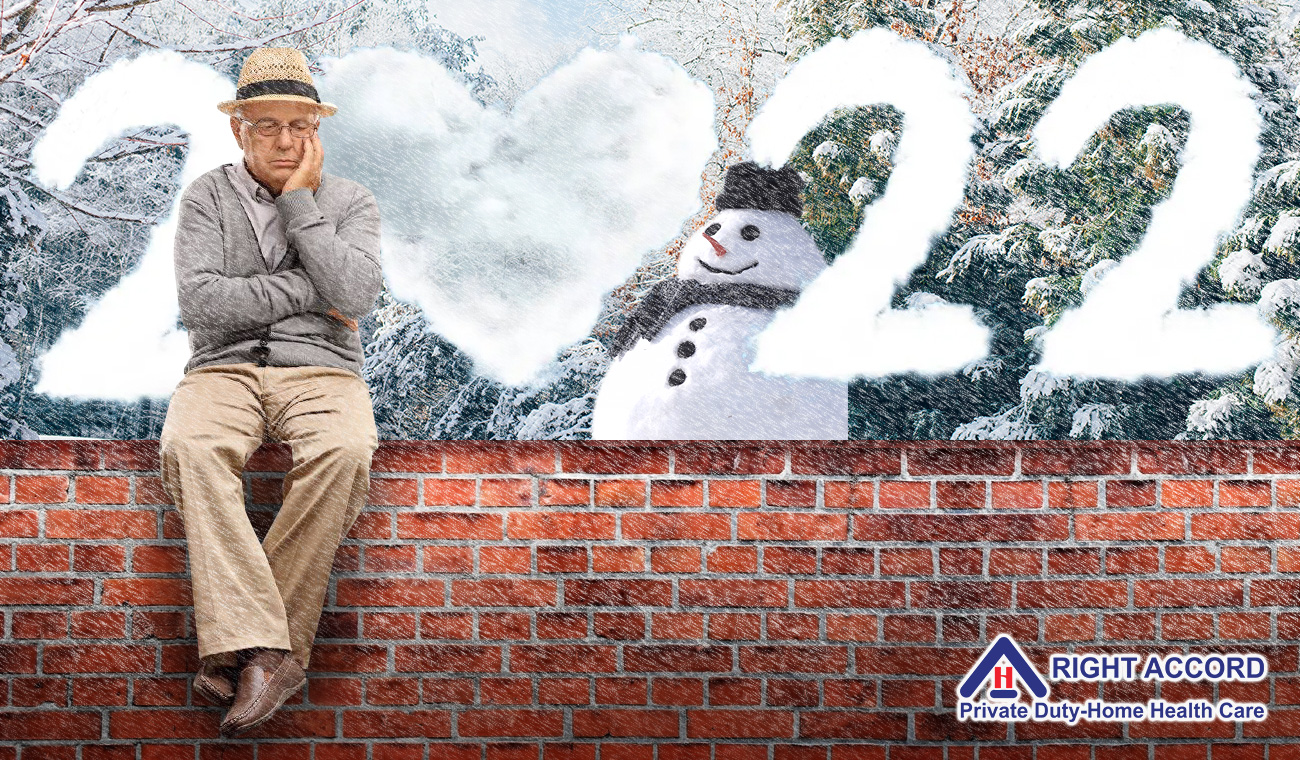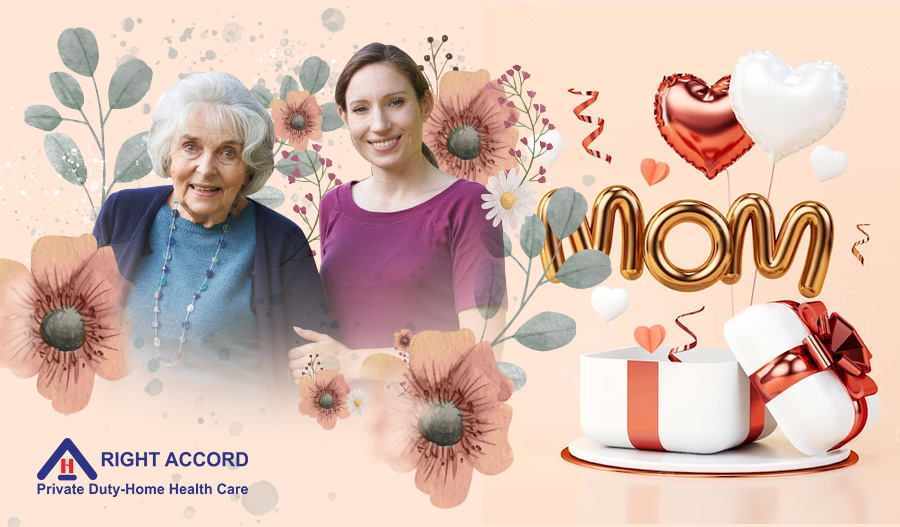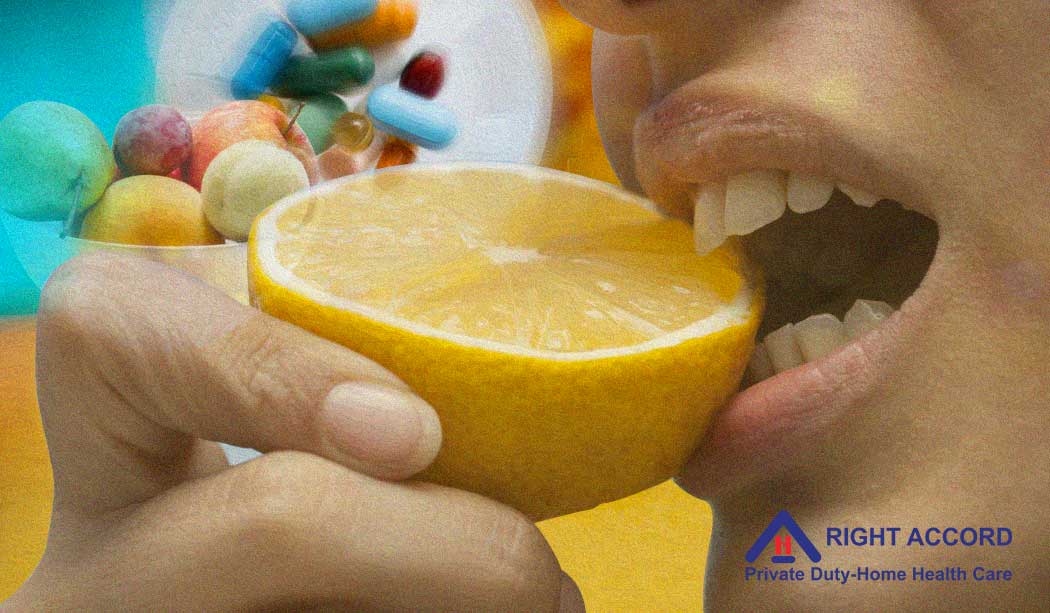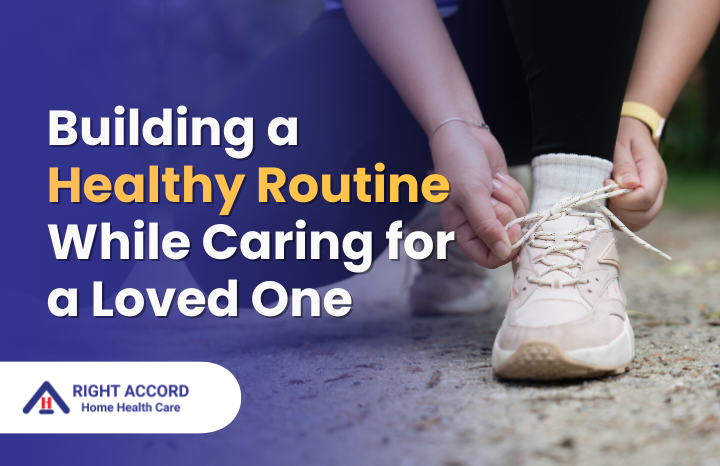· 6 min read
7 Effective Ways to Prevent Cancer in the Elderly
Cancers are more prevalent in older adults but there are ways to prevent it from happening. Read to learn the 7 ways to prevent cancer in the elderly.

By: Rosemarie Tamunday Casanova — RN, BSN, MHA
FEBRUARY IS NATIONAL CANCER PREVENTION MONTH.
Marked every February, National Cancer Prevention Month is presenting us with yet another chance to talk about the burden of cancer and take significant action to live healthier and better lives.
Since 1971, cancer prevention has been imbued by the principles of reducing cancer risks and early detection. While there is no exact way to prevent cancer, research has revealed that over 40 percent of all cancers diagnosed and about half of all deaths from cancer in the U.S can be chalked up to preventable risk factors –such as smoking, excess body weight, physical inactivity and excessive exposure to the sun.
Cancers Are More Prevalent in Older Adults

Photo by David Kristofer on Unsplash
The burden of cancer is more telling on older adults as accumulation of these risk factors for some specific cancers tend to increase with age. According to the GLOBOCAN (Global Cancer Incidence, Mortality and Prevalence) 2020 data, over 50% of people who have cancer are 65 years or older. Ageing can add layers of complexity to living with cancer.
One of the reasons is that majority of the cancers in the elderly are diagnosed late as some early symptoms such as pain, are usually mistaken for inconveniences that come with ageing.
In addition, there is a more likely chance that an older person is already suffering from a few chronic conditions such as diabetes, heart disease, and so on. This goes further to make cancer treatment more challenging. Also, older people tend to be more vulnerable to the toxicities of these cancer treatments and this significantly affects their quality of life.
For many good reasons, the world’s population is getting older. At present, over 700 million people in the world are aged 65 years or more. Although this is quite remarkable, however, it must be noted that population ageing will tend to have consequences for global cancer control as cancer is more prevalent amongst the older adults. As a result, we now have more older people living with cancer.
Unfortunately, the public awareness and discussions of the burden of cancer is yet to reflect the increase in the population of older adults living with cancer. Older people need to be integrated more in the discussions about cancer and geriatric cancer policies need to be taken more seriously. The National Cancer Prevention Awareness Month is one way we can begin to change this.
We Should Act Now!
We should begin by noting the fact that just being aware is not enough. We all need to act. While there is no exact way to prevent cancer, you can take significant action by being aware of certain risk factors that predispose to cancers and modifying your lifestyle to lower those risks.
Ways to Prevent Cancer

Photo by Pixabay
1. Quit Smoking/Tobacco Products:
Tobacco products and smoking in general, have been linked to so many cancers such as lung, esophageal, breast, throat, cervical, bladder and mouth cancers. There is no time too late to quit smoking. About 90% of all lung cancers are related to smoking. Also, secondhand smokers stand risks of lung cancers and some other respiratory disease.
2. Healthy Diet:
You should eat a lot of fruits and vegetables. In addition to that, limit the intake of red meat and more preferably, eliminate processed meats from your diet completely. It would also do you a lot of good to limit your alcohol intake as excessive alcohol intake can predispose to liver cancer and the likes.

Photo by June Liu on Usplash
3. Be Physically Active and Maintain A Healthy Weight:
There is evidence of inactivity and obesity being related to breast and colorectal cancer. Maintaining at least 30 minutes of physical activity a day can make a great difference in your health. You should also strive to lose weight if you are overweight or obese. Discuss with your doctor on the most suitable form of weight loss program for you.
4. Protect Your Skin:
Excess exposure of the skin to the sun’s ultraviolet rays predisposes to most skin cancers. The good news is that skin cancer is the most preventable cancer. You should use adequate skin protection all year round and completely avoid indoor tanning beds.
5. Abstain From Risky Behaviors and Practice Safe Sex:
Human papillomavirus (HPV) has many strains that are sexually transmissible. Some of these strains have been found to cause certain cancers. Hepatitis B virus which is also sexually transmitted can predispose one to liver infection and cancer.
6. Get Immunized:
Fortunately, these viruses (HPV and Hepatitis B) that have been linked to certain cancers are preventable through vaccines.
7. Regular Screenings:
Early detection of certain cancers through regular screening increases the chances of successful treatment. Talk to your doctor about possible cancer screening tests you can do. Some of these screening tests can also detect pre-cancerous conditions before they become actual cancers. Knowing your family history will also help guide your doctor in determining when you can start some of these screening tests.
Things You Should Know About Cancer
It is important that we identify strategies to boost the dissemination and implementation of our current knowledge of cancer prevention. Below is the summary of a few important facts you should know about cancer:
- 1. One of the Leading Causes of Death Worldwide Is Cancer: According to WHO, cancer is said to be the second leading cause of death worldwide.
- 2. Regular Screening and Early Detection is Key: Cancer kills but fortunately, a lot of deaths have been and can still be prevented through screening and early detection.
- 3. Death Rates Amongst Cancer Patients Are Decreasing Due to Cancer Research: The American Cancer Society says more effective cancer treatment because of significant strides taken in cancer research has led to a decrease in death rate amongst cancer patients.
- 4. February 4 is World Cancer Day: Since 2000 and led by the Union for International Cancer Control (UICC), February 4 has been set aside to increase worldwide awareness of cancer.
- 5. Smoking Increases Risk of Lung Cancer: the more you smoke, the more likely you are to have lung cancer. The most effective prevention against lung cancer is to quit smoking.

Photo by Mockup Graphics on Unsplash
Observing National Cancer Prevention Month
The best ways to participate in this national cancer prevention month is by doing any combination of or all the following:
- Donate: Donations fund research, subsidize the cost of cancer treatment and help spread the word. Your donations can make a difference.
- Spread the word: Apart from equipping yourself with the knowledge, you can also help by engaging in any program or activity that would spread the word and empower others with vital information about cancer.
- Act by cutting down the statistics: A good number of cancers can be prevented. Act now by embracing a healthy lifestyle - Exercise regularly, maintain a healthy weight, limit your alcohol intake, quit smoking, get vaccinated and limit your skin’s exposure to harmful radiation.



